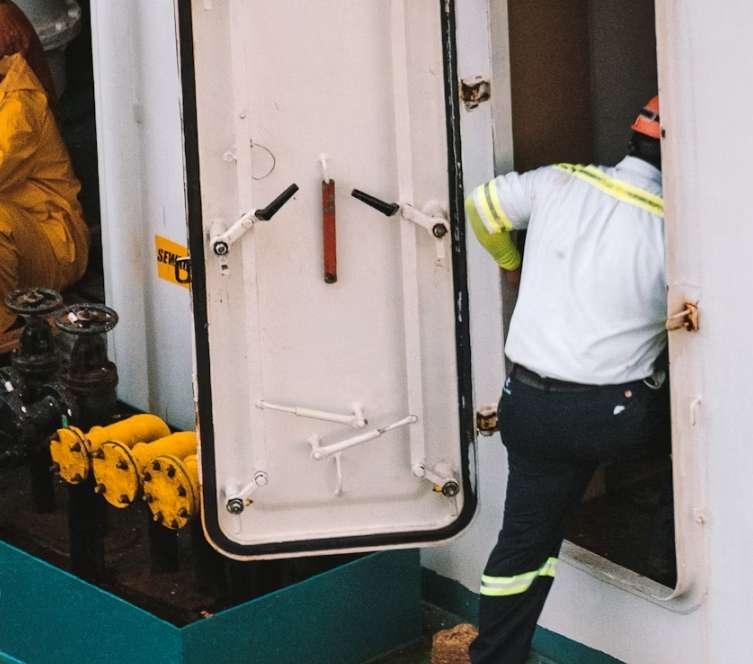China Expresses Confusion Over Trump’s Panama Canal Proposal, Reaffirms Canal Neutrality.
Donald Trump’s recent pronouncements on the Panama Canal have ignited a firestorm of controversy, rekindling historical tensions and raising concerns about the future of this strategically crucial waterway. Trump’s “America First” rhetoric, a cornerstone of his political platform, has taken aim at Panama, accusing the nation of exploiting the United States through exorbitant canal tolls. He has warned of potential intervention, even hinting at reclaiming the canal, a move that echoes a complex and often fraught history between the two nations. The core of Trump’s argument centers on the escalating costs of traversing the canal, particularly for Panamax ships, the largest vessels capable of navigating the waterway. These costs, which can range from $150,000 to upwards of $300,000 depending on cargo load, have been further exacerbated by a recent drought impacting the canal’s water supply. This shortage has forced restrictions on vessel traffic, adding to the financial burden on shipping companies. Trump’s assertions have been amplified by his claims of Chinese influence over the canal’s operations, alleging the presence of Chinese military personnel, a claim vehemently denied by Panamanian authorities.
Trump’s statements tap into a long and complicated relationship between the United States and the Panama Canal. The canal, initially embarked upon by France in the late 19th century, was completed by the United States in 1914, marking a significant feat of engineering and dramatically altering global trade routes. For decades, the canal remained under U.S. control, a symbol of American power and influence in the region. However, this control was not without its controversies, with Panamanian resentment over perceived American imperialism simmering beneath the surface. The late 20th century saw growing pressure for Panamanian sovereignty over the canal, culminating in the transfer of control to Panama in 1999. This handover, while hailed as a victory for Panamanian self-determination, also sparked anxieties in the U.S. about the canal’s future security and management.
Trump’s accusations of exploitation and his allusions to reclaiming the canal resonate with a segment of the American public wary of perceived declines in U.S. global influence. His framing of Panama’s toll increases as unfair burdens on American commerce plays into a narrative of the U.S. being taken advantage of by other nations. This message, combined with his warnings about Chinese encroachment, further fuels concerns about the security and strategic importance of the canal. Trump’s invocation of “the wrong hands” falling into control of the canal directly feeds into a narrative of a new Cold War with China, portraying China’s growing economic influence in the region as a direct threat to American interests. This rhetoric serves to justify a more assertive, even interventionist, foreign policy approach.
Panama has vehemently rejected Trump’s claims, with President José Raúl Molino denouncing them as “nonsense” and categorically denying any Chinese military presence at the canal. Molino has reaffirmed Panama’s full sovereignty over the canal and its operations, emphasizing the absence of any foreign interference. He characterized Trump’s pronouncements as unacceptable and underscored Panama’s commitment to maintaining the canal as a neutral and vital artery for global commerce. The strong Panamanian reaction reflects the nation’s sensitivity to its hard-won sovereignty over the canal and a rejection of any attempts to undermine or question its control. This firm stance is further bolstered by regional support, with leaders from Mexico and Colombia also criticizing Trump’s statements, demonstrating a united front against perceived external pressures on regional sovereignty.
China, for its part, has reiterated its support for Panama’s independence and sovereignty, dismissing Trump’s accusations as baseless. China’s growing economic footprint in Panama, particularly since the establishment of diplomatic ties in 2017, has indeed raised eyebrows in Washington. China’s investments in Panamanian ports and infrastructure projects, coupled with its position as the canal’s second-largest user, have fueled concerns about Beijing’s long-term strategic intentions. These concerns are amplified by figures like Matt Gaetz, who view China’s growing control over key ports as a potential threat to American interests. However, China’s official response emphasizes respect for Panama’s autonomy and frames its involvement in the region as mutually beneficial economic cooperation.
Despite the political turmoil generated by Trump’s statements, the Panama Canal remains a critical linchpin in the global trading system. While the current drought has undoubtedly presented challenges, impacting traffic flow and contributing to rising costs, the canal’s importance to international commerce remains undiminished. The fact that approximately 75% of the canal’s traffic is linked to U.S. trade underscores its vital role in supporting American economic interests. The ongoing controversy surrounding the canal highlights the complex interplay of historical legacies, geopolitical rivalries, and economic imperatives that shape the future of this strategically significant waterway. The canal’s continued operation as a neutral and efficient conduit for global trade is paramount, and navigating the delicate balance between national interests and international cooperation will be crucial for ensuring its long-term viability.
Share this content:












Post Comment